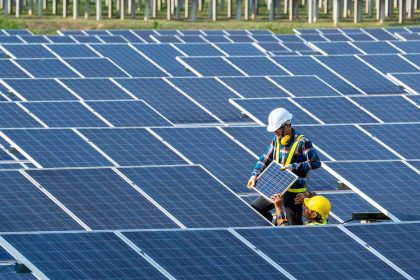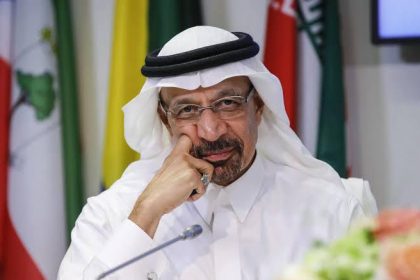Pakistan is all set to extend an invitation to 78 Chinese companies to invest in medical and surgical equipment, plastics, clothing, leather, edible meat, fruit and vegetables, and waste and other sectors.
At a major session for business-to-business collaboration, these companies will be invited to enter into joint ventures with 167 companies from Pakistan. According to a press release, Federal Minister for Investment Board, Privatization, and Communications Abdul Aleem Khan said during a Board of Investment (BOI) meeting that Pakistan’s trade volume with China can be increased to $1 billion if Chinese companies cooperate in this regard.
He highlighted that Pakistan offered more attractive conditions for business ties compared to other countries i.e. Bangladesh, India, and Vietnam. He said that the Pakistan Embassy in Beijing should be utilized to facilitate Chinese companies willing to invest in Pakistan. Regarding domestic measures, he said that industries should be set up in conducive environments. On the occasion, Federal Minister for Commerce Jam Kamal said that his ministry has been told to cooperate fully with the BOI to facilitate the investments of Chinese companies.
Bilateral agreements with China
During a review meeting held at the Prime Minister’s Office, Prime Minister Shehbaz Sharif ordered the speedy implementation of Pakistan’s agreements and memorandums of understanding (MoUs) with China, warning that any delays in this regard would not be tolerated. He lauded the historical role of China in terms of its cooperation with Pakistan, saying that as a time-tested friend, it has stood by Pakistan whenever the country needed it.
He highlighted that today the Chinese leadership intends to expand its investments in Pakistan. He said that this will help the country’s economy as well and generate jobs as the transfer of Chinese companies will aid the transfer of technology and enhance the country’s exports. During the meeting, the prime minister sought details of various projects that were launched with the cooperation of the Chinese.
The prime minister noted the importance of holding regular meetings to review the progress of the China-Pakistan Economic Corridor (CPEC) projects, terming them vital for their completion. He said that the involvement of high-ups in these projects helps with the removal of bureaucratic hurdles they would encounter otherwise. He said that once these projects reach completion, they would certainly generate more job opportunities, and incentivize investors, besides leading to economic stability in the country.
During a debate held at the UN Security Council in New York, Pakistan’s Permanent Representative to UN Ambassador Munir Akram, spoke about CPEC, saying Pakistan was committed to the acceleration and expansion of China-backed development projects. He highlighted Pakistan’s plans for extending benefits of the mega project to Afghanistan. It is worth mentioning here that CPEC, a promising mega project, has faced numerous hurdles across the past few years, thereby curtailing the positive economic impact it could have had on Pakistan.
However, successive governments in Pakistan have consistently reiterated the country’s dedication to completing CPEC projects, giving them due priority. Recently, Prime Minister Shehbaz Sharif’s visit to China brought about new agreements between the two sides, as both of them agreed to upgrade the mega project. They decided to invite third parties to invest in CPEC 2.0, which is the second phase of the project. The premier’s visit once again propelled CPEC into the spotlight, drawing renewed interest from investors and regional states, especially the bits about the project opening up to other states.
















